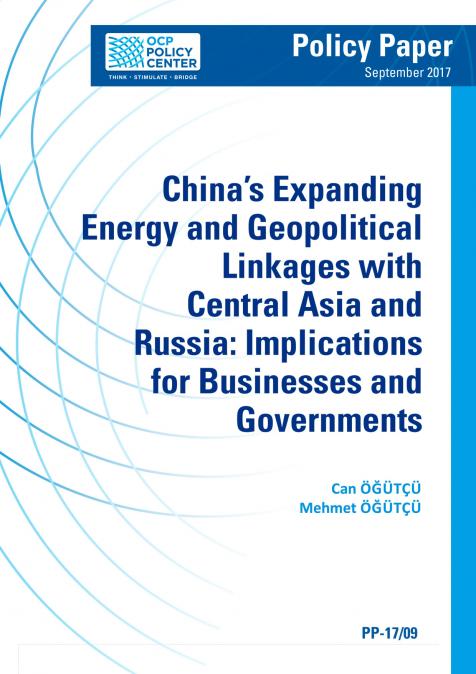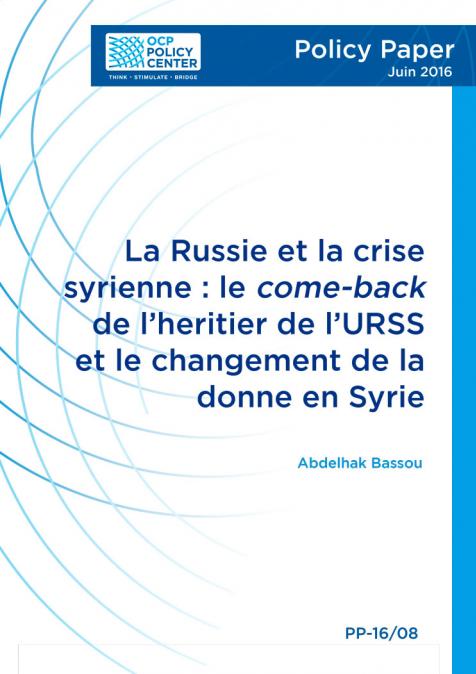Our senior fellows Marcus Freitas and Len Ishmael, both experts in Asian affairs, discuss the geopolitical ambitions of China in the current – Covid-19- context. During a webinar our experts address the following issues : 1 - China's use of crises to deepen and extend power and influence - looking at the financial collapse of 2008 using Europe as an example; 2 - Taking a look at the covid-19 pandemic - and how this has been used by China to influence external opinion - and how the backlash against China has also served to deepen nationalism back home, in Beijing; 3 - A wider look at how American allies and those in the Global South are choosing sides - or choosing not to; 4 - Some observations about the future.









